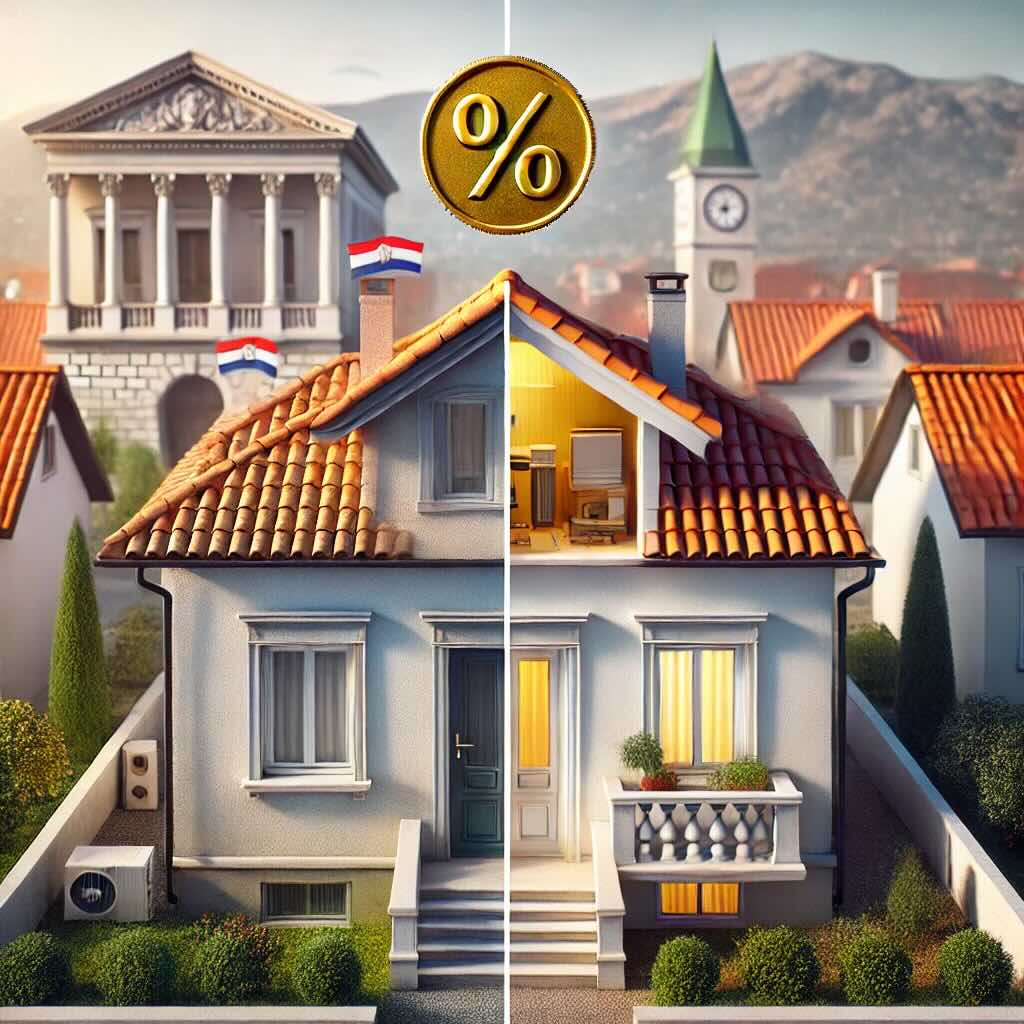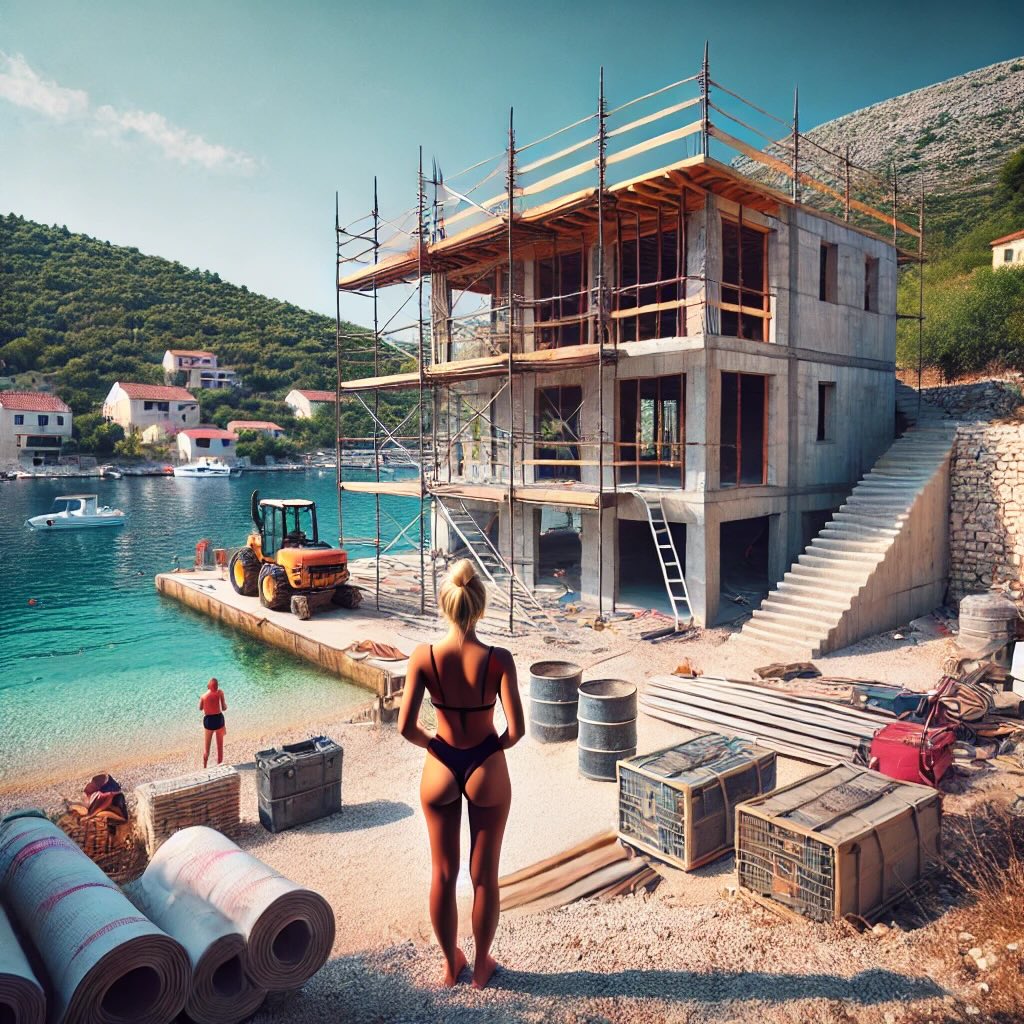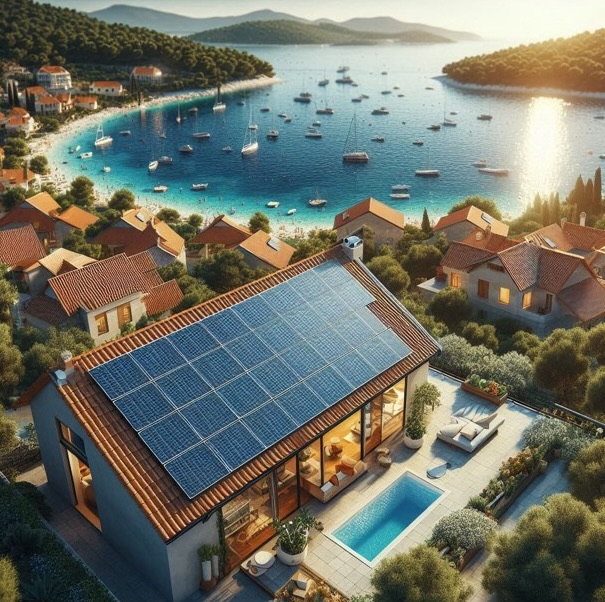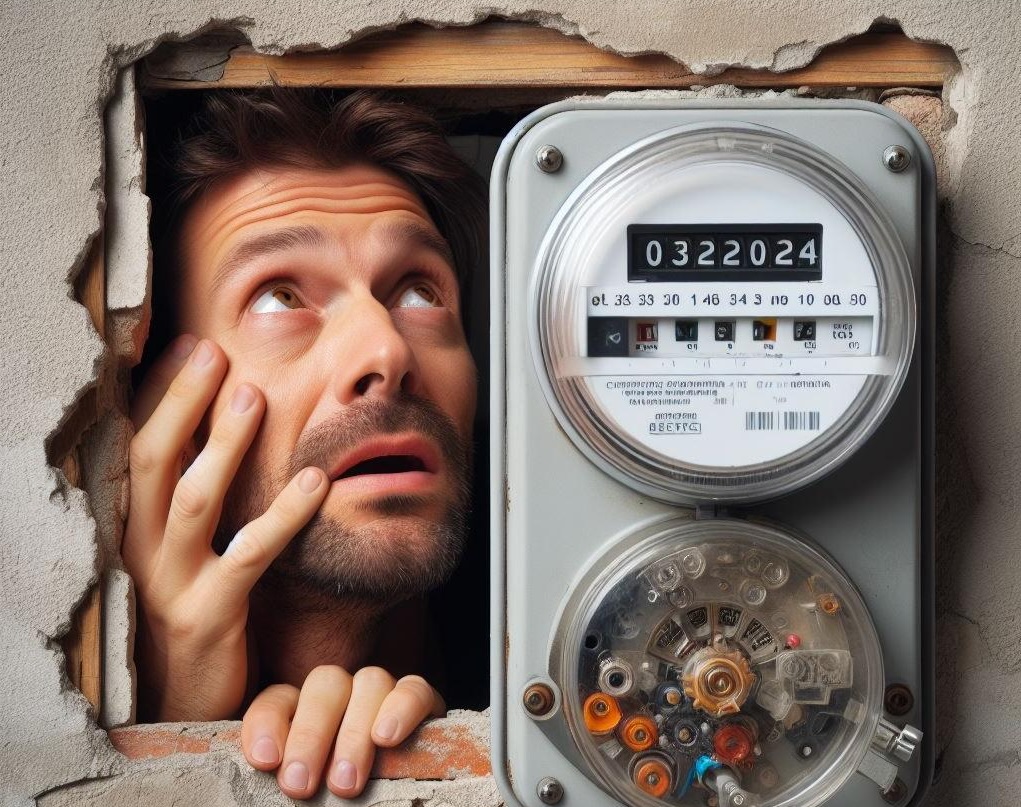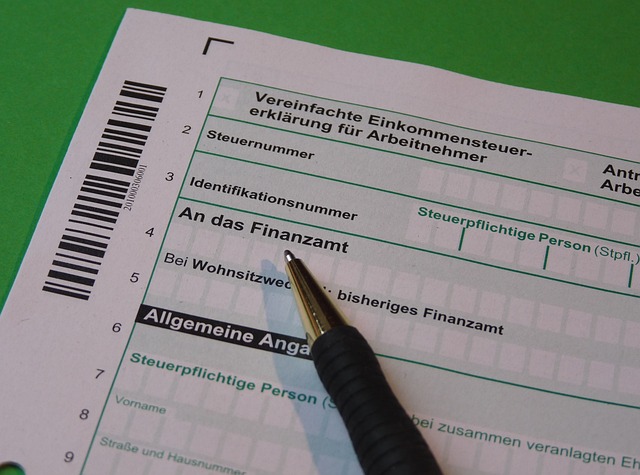
How Adjustments in VAT and Income Tax Will Affect Investments in Croatian Real Estate
Marko Rakar, a renowned expert on tax policy, recently appeared on the show Novi dan on N1, where he discussed the planned introduction of a property tax in Croatia. He focused on how these changes, especially in the areas of Value Added Tax (VAT) and Income Tax, will impact the real estate market and potential investors.Introduction of Property Tax in the EU Context
Rakar reminded that most European countries have already implemented a property tax and that Croatia committed to implementing this type of tax upon entering the European Union. Although there have been attempts to introduce it in the past, current steps suggest that it could actually happen. "Although attempts to introduce this tax have already been made, it seems that this time the likelihood of realization is higher. However, current announcements indicate that the approach is being taken in the wrong direction, which may lead to the set goals not being achieved," Rakar stated.Criticism of the Proposal for VAT Refund
One of the government measures discussed is the proposal for VAT refund when purchasing property. Rakar labeled this measure as "socialist" and ineffective, comparing it to previous programs like APN (Agency for Legal Transactions and Real Estate Brokerage). "This idea of VAT refund is a non-systemic measure that doesn't actually help buyers but subsidizes the construction sector. Such an approach will not lead to a reduction in property prices," Rakar emphasized.Calculating Property Tax Based on Value
In many European countries, property tax is calculated based on the market value of the property, not just its size or location. "It doesn't make sense to tax a square meter of a dilapidated house in Slavonia at the same rate as a luxury villa in Dalmatia near the sea. The value of the property must be a key factor in tax calculation to ensure fairness and efficiency," Rakar explained.Income Tax and Its Efficiency
According to Rakar, income tax in Croatia is weakened by numerous exceptions and reliefs, leading to a situation where most working citizens effectively do not pay this tax. "The current income tax system is inefficient and reduces the state's fiscal capacity. Moreover, it makes us less competitive compared to countries we aspire to compare ourselves with," he noted.Impact on the Real Estate Market
Rakar warned that VAT refunds could lead to further increases in property prices, similar to what happened with programs like APN. "This measure essentially subsidizes construction companies, which can cause artificial price inflation. When programs like NPOO (National Recovery and Resilience Plan) end, many construction companies risk falling into financial difficulties," he warned.Empty Housing Units and the Real Estate Market
There is an estimate that approximately 600,000 housing units in Croatia are empty, predominantly in rural areas, as a result of population outflow. "Politicians often discuss empty apartments in big cities, but the real problem is the non-functional real estate market. It is essential to ensure that property prices reflect real market value and that the market is accessible to potential buyers," Rakar stated.Money Laundering Through Real Estate
Rakar also highlighted the issue of money laundering in the real estate sector. "Croatia is becoming a destination for legalizing illegally obtained funds through real estate investments. Some investors are willing to accept a loss of part of the property's value in exchange for legalizing their finances. This is a serious problem that requires legislative intervention," he stressed.The Need for Systemic Reforms
To improve the situation in the real estate market and increase the efficiency of the tax system, Rakar believes it is necessary to gradually and systematically address key issues. "The state must start untangling questions related to rent regulation, taxes, and other related areas. Without this, the desired changes will not occur," he said.The planned tax changes in Croatia, especially in the areas of VAT and income tax, could have a significant impact on the real estate market. Experts like Marko Rakar warn against measures that could lead to further price increases and market destabilization. For potential investors, it is crucial to monitor these changes and understand their impacts.
If you are considering investing in real estate in Croatia, we recommend consulting the current tax regulations and seeking professional advice. Our platform offers you the latest information and professional support when purchasing real estate in Croatia.
For more information, feel free to contact us or visit our website, where you will find a wide selection of properties and useful advice for investors.

















